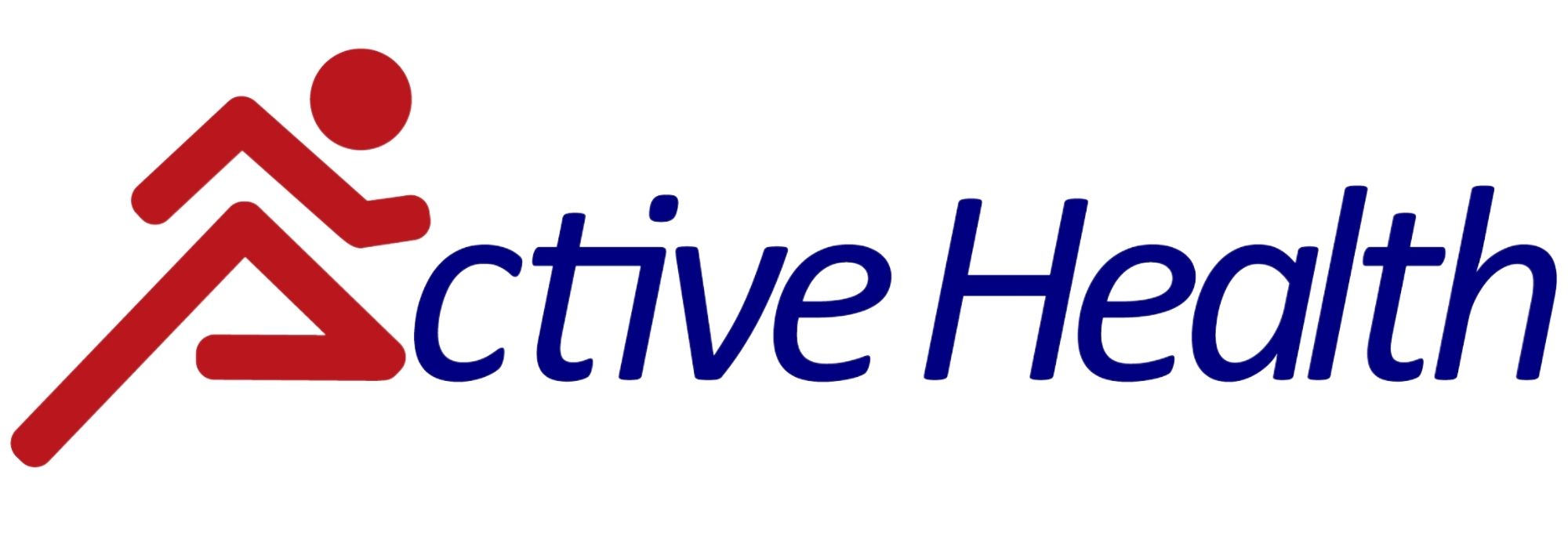Anterior Cruciate Ligament (ACL) injuries are one of the most common types of knee trauma athletes suffer. Though anyone can experience an ACL injury, this type of trauma is associated with athletes because it is caused by a quick stop movement which tends to happen more in competitive activity than in daily life.
The cruciate ligament is located inside the knee joint and most ACL injuries result with a full tear. It’s also possible to sprain your ACL to varying degrees. This means the ligament has become looser, though it’s still attached. Depending on the degree of the sprain, the knee can remain largely stable. For those who do not play active sports, the injury may be treated with therapy or bracing. In a case of a full tear, the ligament will not repair itself. The only way to restore the knee to the point where full motion is attainable is through surgery.
10 Facts About ACL Injuries
- Osteoarthritis Risk. 50% of those with an ACL injury will develop osteoarthritis in coming years.
- Higher Risk for Women. Female athletes show a higher percentage of risk for this injury than their male counterparts due to increased pelvic angles putting more stress on the knees.
- Collateral Damage. Up to 50% of those with ACL injury also have damage to cartilage or other ligaments in the knee.
- Surgical Recommendation. Surgery is recommended for many ACL injuries when there is a combination of injuries. A complete tear in the ACL will not heal without surgery.
- Higher Risk Sports. Football, soccer, and basketball all show a higher risk of ACL injury, though other athletes and non-athletes can experience this injury.
- Non-Contact Doesn’t Reduce Risk. 70% of ACL injuries were sustained in non-contact sports while only 30% are attributed to contact sports.
- Preventative Training. Preventative training programs are shown to reduce knee injuries such as ACL by as much as 50%.
- Regular Training. For preventative training to be effective, it’s recommended that athletes maintain a regular schedule of these exercises at least 2 or 3 times per week.
- Exercises to Prevent Injury. Preventative training exercises include strength, proprioception and biofeedback training. A proper warm up might take as little as 10 or 15 minutes and as long as one hour for a full preventative training session.
- Benefits in Preventative Training. Preventative training exercises don’t only diminish the risk of ACL injury, they also improve the athlete’s performance level. Athletes who maintain a regular schedule of preventative training also advance their skills in sprint speed and aerobic fitness.
Have You Experienced Trauma to your ACL?
Whether you’re interested in returning to the athletic training you love or you want to prevent future injuries and maintain your full range of motion, there are treatment methods available for you. Active Health’s Sports Injury Prevention Program (SIPP) was designed to address all major areas of athletics, including running, jumping, balance, and reaction time. We work to build your body’s strength from the ground up and to give you the tools to improve your performance while preventing injuries.
If you want to lower your risk of an ACL injury, improve your performance or if you’ve torn your ACL and want to get you back to your active lifestyle quickly while preventing another ACL tear through our Sports Injury Prevention Program, contact us today (904) 296-0202.
